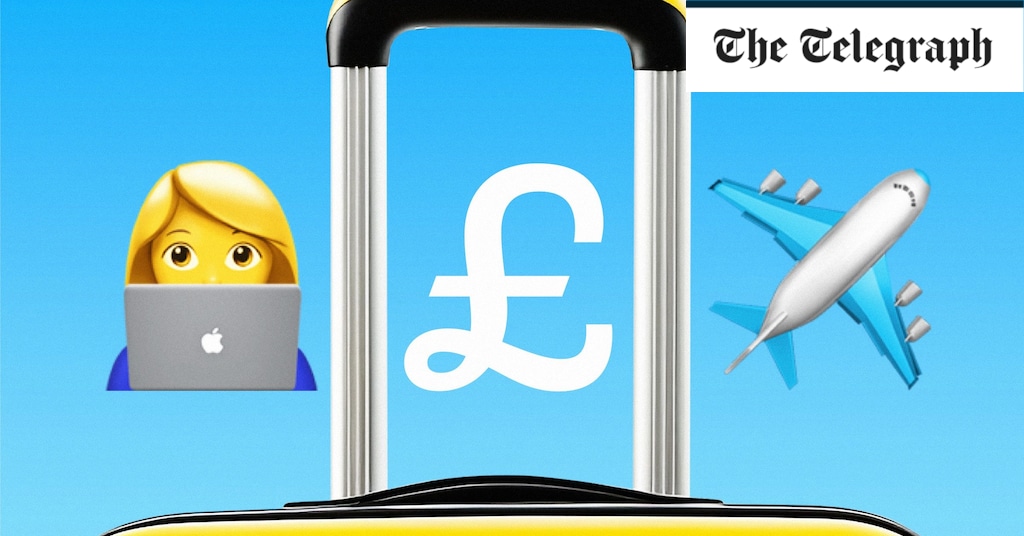For a romantic, festive escape in the sun, I found a BA Holidays’ week-long package deal to The Palm, Atlantis in Dubai (for two) staying in an Imperial Club King Room with an ocean view, plus breakfasts, for £10,608. Departs December 21, 2024 and returns on Saturday December 28.
Booked independently, I found the exact same room direct through Atlantis for £8,369.26. The return flights cost £1,749 for two (with luggage), adding up to £10,119.04. However, the full amount of the hotel room when booked direct through The Palm, Atlantis must be paid in full and is non-refundable, whereas the BA holiday can be secured for a £600 deposit with the balance payable seven weeks before travel.
- Package: £10,608
- DIY: £10,119.04
- Difference: A saving of £488.96 (4.6 per cent)
Verdict?
The BA Holidays mark-up brings reassurances for an expensive getaway, and flexibility in how you pay. You may also wish to collect the extra Avios points accrued through BA Holidays. On balance, the added cost may feel worth it for the peace of mind.
What wins: package or DIY?
The package holiday has seen something of a resurgence in recent years. During the pandemic, many holidaymakers lost large sums of money having booked their trips independently. On the flipside, bonded operators had to offer vouchers, rebooking options or a refund. As a result, once travel resumed, tour operators and travel agents saw a big spike in demand.
“Packages remain the most popular way to travel for people travelling overseas, with 61 per cent of people who went abroad last year booking this type of trip. Booking a package trip with an ABTA member gives holidaymakers the highest level of protection and peace of mind,” said an ABTA spokesperson.
“Benefits of booking a package include ease of booking, access to expert advice, as well as help and support if something goes wrong,” they added.
However, the worst of the pandemic travel chaos was a few years ago now, and as memories fade consumer priorities are shifting. With the cost of living crisis hitting disposable incomes, some are looking to take their itineraries into their own hands: the Ski Club of Great Britain recently revealed that 43 per cent of skiers are now booking with a tour operator, compared with 63 per cent pre-Covid.
The risk of booking independently is that the smallest hitch to your holiday can have a knock-on effect. A cancelled flight, caused by an air traffic control problem or airport strike action, for example, may mean that your holiday cannot go ahead; if you have booked independently, you may struggle to get a refund from your car rental company or accommodation provider.
If you do not book with an Atol-protected company, your best bet is to book your flights using a credit card as you will get your money back if the operator goes bust – failing that, you should find a policy with SAFI (scheduled airline failure insurance). You should also consider buying a travel insurance policy that covers end supplier failure, meaning that if your airline or hotel goes under, your insurer will foot the bill for alternative accommodation and flights, plus other travel components.
Across the five package holidays I analysed, the average DIY saving was 23 per cent. If you find an attractive package holiday, there is a good chance that you will be able to build it yourself for less. Whether the risk of potentially losing money (or finding an appropriate insurance alternative to Atol), the hassle of self booking, and the absence of vital expertise is worth the financial savings is an important call, but it’s important to know it’s yours to make.










